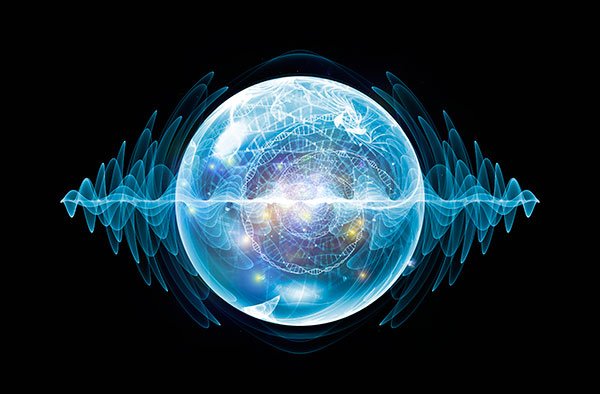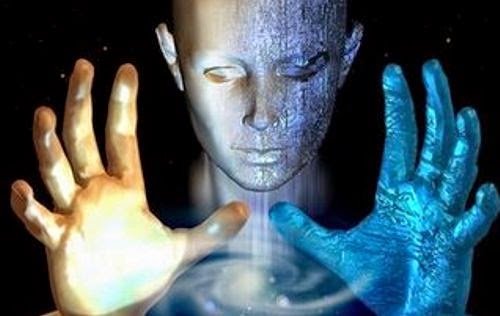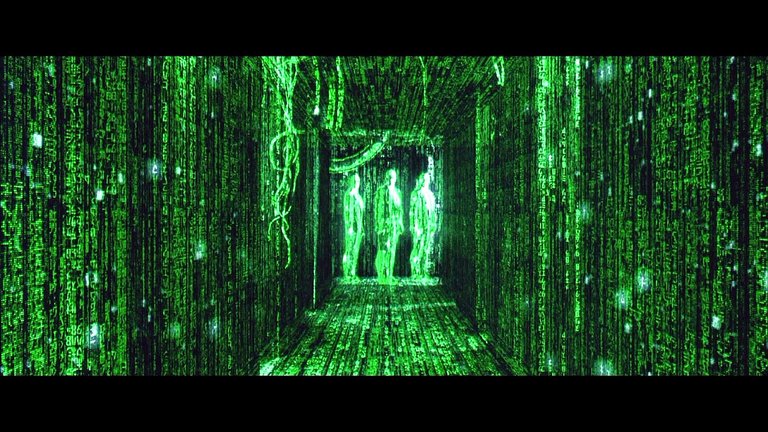
Just over one hundred years, the physicist Max Planck, considered conservative, trying to understand the energy radiated by the spectrum of thermal radiation, expressed as electromagnetic waves produced by any heat issuing body, at a temperature x, came after many experiences and calculations, the revolutionary 'Planck constant', which subverted the principles of classical physics.
This was the beginning of the path of physics or quantum mechanics, which studies the events that elapses in atomic layers and sub-atomic, ie between the molecules, atoms, electrons, protons, positrons, and other particles. Planck has created a formula that stood just between Wien's Law - for low frequencies - and Rayleight Act - for high frequencies - unlike the experiences so far attempted by other scholars.
Albert Einstein, creator of the theory of relativity, was the first to use the quantum expression for Planck's constant E = hv, in a survey published in March 1905 on the consequences of the photoelectric phenomena, when he developed the concept of the photon. This term relates to a common physical event, quantization - an electron goes from a minimum energy for the later level, if heated, but never go through intermediate stages, forbidden to him, in this case the energy is quantized, the particle conducted an energetic jump from one value to another. This concept is crucial to understand the importance of quantum physics.

Their results are more evident in the macroscopic sphere than in microscopic, although the effects perceived in the visible field depend on the attitudes revealed by quantum phenomena that occur at levels below the atomic scale. This theory revolutionized the arena of ideas not only in the context of Exact Sciences, but also in the current philosophical discussions in the twentieth century.
In day-to-day, even without having knowledge of quantum physics, we have in our sphere of consumption many of its concrete results, such as CD player, remote control, hospital equipment MRI, even the famous computer .

Quantum physics involves concepts like particle the - object with a minimum size of mass, which makes up the largest bodies - and wave - electromagnetic radiation, invisible to us, does not require a material environment to propagate, but the empty space. While the particles had their movement analyzed by Newtonian mechanics, radiation of electromagnetic waves were described by Maxwell's equations. In the early twentieth century, however, some research showed revealing contradictions, showing that the behavior of both can not be so different from each other. It was these ideas that led Max Planck to the discovery of the mechanisms of quantum physics, although he did not intend to turn the concepts of classical physics.
The connection of quantum mechanics with concepts such as non-locality and causality, led this discipline to a deeper connection with philosophical, psychological and spiritual concepts. Today there is a strong tendency to unite quantum concepts to the theories of consciousness.
Physical as the Indian Amit Goswami make use of the concepts of modern physics to present scientific evidence of immortality, reincarnation and life after death. Professor at the University of Oregon Physics, PhD in quantum physics, physical resident at the Institute of Noetic Sciences, their ideas appear in the film Who are we? and in works such as Physics of the Soul, The Quantum Doctor, among others. He defends the reconciliation of quantum physics, spirituality, medicine, philosophy and consciousness studies. His books are full of technical, objective, scientific descriptions, which has silenced his detractors.
Fritjof Capra, Ph.D., physicist and systems theorist, reveals the importance of the observer in the production of quantum phenomena. He not only witness the attributes of the physical event, but also influences how these qualities will manifest. The consciousness of the subject which examines the trajectory of an electron will define how will their behavior. Thus, according to the author, the particle is stripped of its specific character if not subjected to rational analysis of the observer, that is, everything hangs together and becomes interdependent, mind and matter, the individual who observes and the object under examination. Another renowned physicist, Nobel Prize in Physics, Eugen Wingner also attests that the role of consciousness in the context of quantum theory is indispensable.
Great article, just goes to show you how quantum gets way out of hand very quickly. I have an article about quantum too if you want to check that out, would be great!
brilliant article with some of the real big names in the Quantum physics exploration world. Will be looking out for more of your posts on this subject .